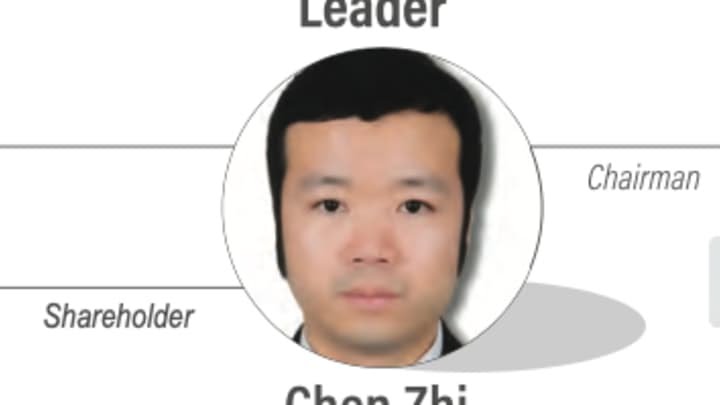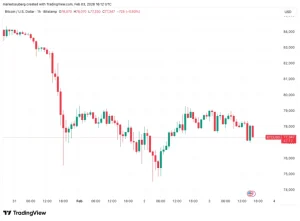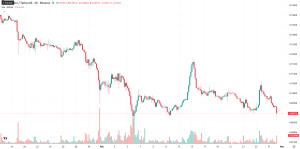U.S. Authorities Seize $15 Billion in Bitcoin from Alleged Cambodian Crypto Fraud Network

In a landmark operation, U.S. authorities have seized approximately $15 billion worth of bitcoin from a vast cryptocurrency fraud network allegedly orchestrated by Cambodian businessman Chen Zhi. Operating under the guise of Prince Holding Group, Zhi’s organization is accused of running extensive “pig butchering” scams, manipulating victims through fake romantic and investment schemes. The operation also involved forced labor, with trafficked individuals coerced into executing fraudulent activities. This unprecedented seizure underscores the growing intersection of cybercrime, human trafficking, and cryptocurrency misuse.
The Rise of “Pig Butchering” Scams
“Pig butchering” scams, originating from Southeast Asia, involve perpetrators building emotional relationships with victims to gain their trust, only to exploit them financially through fake investment opportunities, often in cryptocurrencies. These scams have proliferated globally, leveraging digital platforms to deceive individuals into transferring substantial sums. The term “pig butchering” metaphorically describes the process of fattening up victims before “slaughtering” them financially.
Chen Zhi and the Prince Holding Group
Chen Zhi, the 38-year-old chairman of Prince Holding Group, is accused of masterminding one of the largest cyber fraud operations in history. The group, ostensibly a legitimate business conglomerate with interests in real estate, banking, and finance, allegedly concealed its illicit activities under this corporate façade. Investigations revealed that the organization operated forced labor camps in Cambodia, where trafficked individuals were compelled to engage in fraudulent schemes targeting victims worldwide.
Forced Labor and Human Rights Violations
Reports indicate that individuals were trafficked from various countries and subjected to harsh conditions in scam compounds across Cambodia. These compounds, described as “violent, forced labor camps,” were characterized by overcrowded dormitories, high walls, and barbed wire. Victims faced physical abuse and were coerced into executing online scams, including the “pig butchering” tactics. The operation’s scale and the severity of human rights abuses have drawn international condemnation.
Financial Seizure and Legal Actions
The U.S. Department of Justice (DOJ) has filed a civil forfeiture complaint against approximately 127,271 bitcoins, valued at around $15 billion, which were allegedly proceeds from the fraudulent activities. These funds were stored in unhosted cryptocurrency wallets controlled by Zhi. The DOJ’s action marks the largest financial seizure in its history, highlighting the increasing use of cryptocurrency in large-scale fraud schemes.
In addition to the U.S. actions, the U.K. has imposed sanctions on 146 entities associated with the Prince Holding Group, designating it as a transnational criminal organization. These coordinated efforts reflect a growing global response to the misuse of digital currencies in criminal enterprises.
Broader Implications and Future Outlook
This case underscores the evolving challenges in combating cyber-enabled financial crimes, particularly those involving cryptocurrencies and human trafficking. The integration of digital currencies into illicit activities necessitates enhanced international cooperation and the development of sophisticated tools to trace and seize digital assets. As authorities continue to dismantle such networks, the case serves as a stark reminder of the vulnerabilities in the digital landscape and the need for robust regulatory frameworks to prevent exploitation.
Market Update: Bitcoin (BTC)
As of the latest data, Bitcoin (BTC) is trading at $110,292.00, reflecting a 2.28% decline from the previous close. The cryptocurrency market remains volatile, influenced by regulatory developments and market sentiment.




